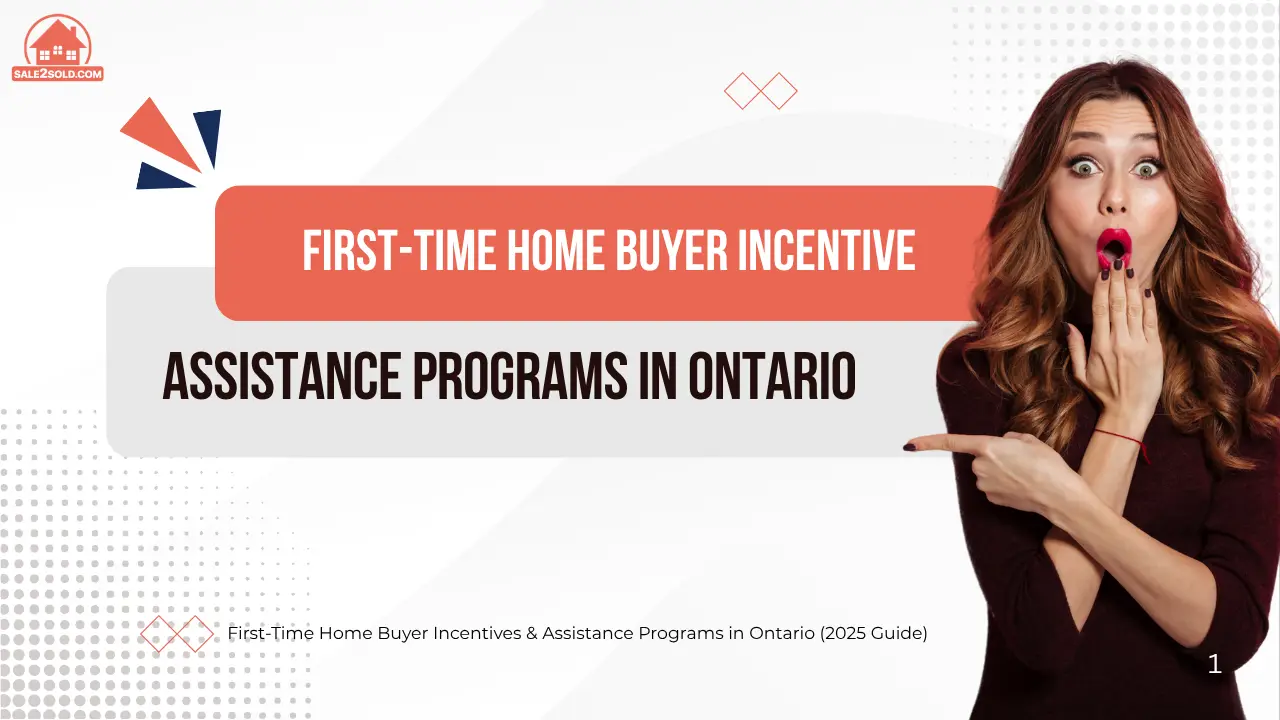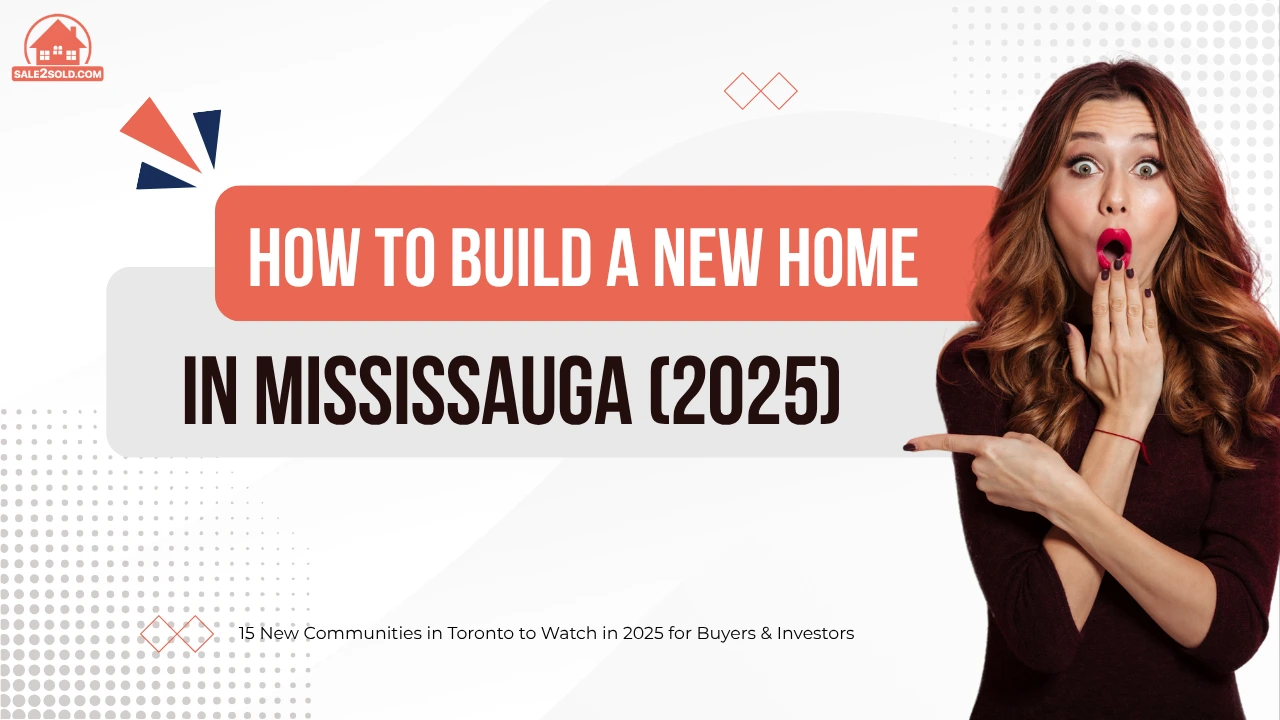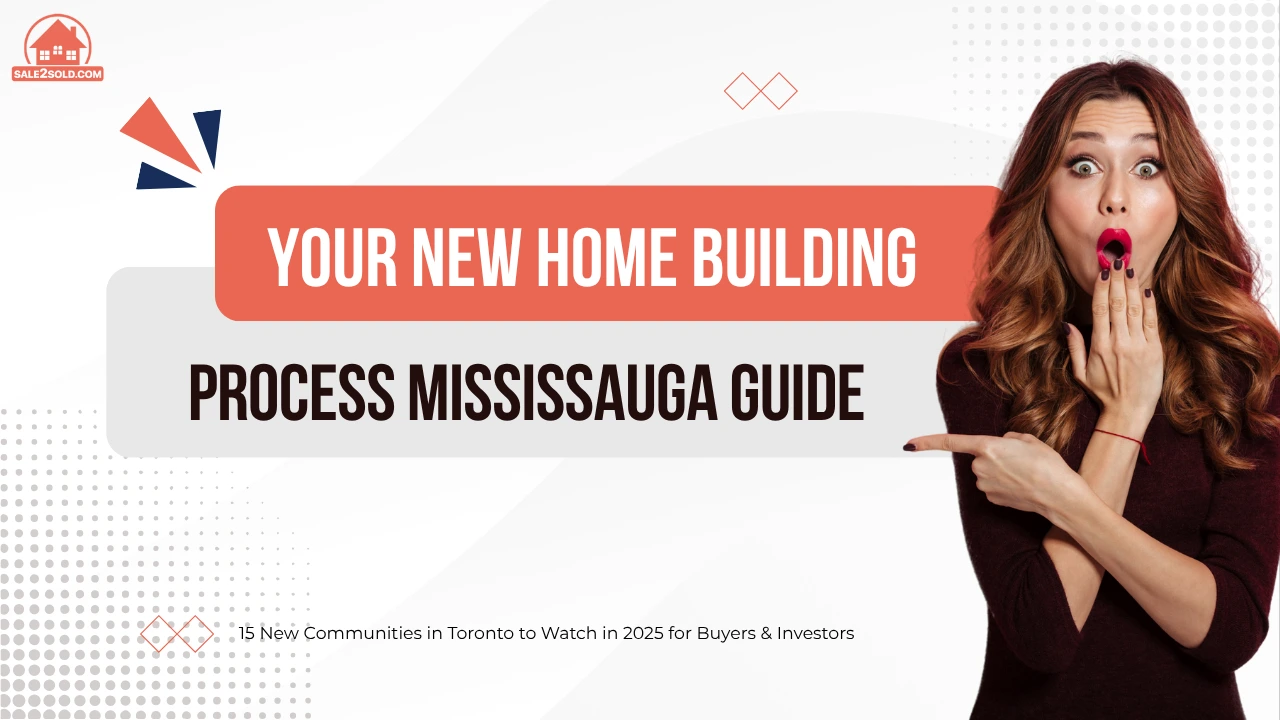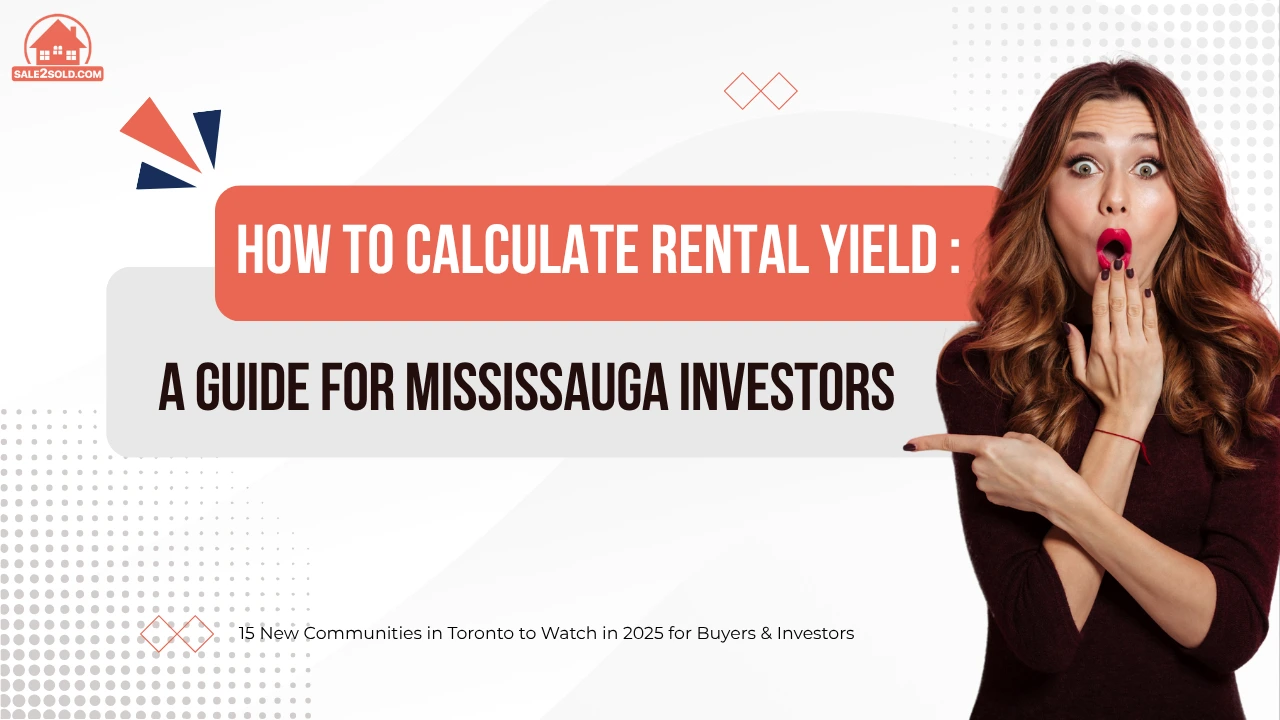Josh sherman
Publish: August 26, 2025
Home Buying Guides
Home Buying Guides

First-Time Home Buyer Incentive & Assistance Programs in Ontario (2025 Guide)
Buying your first home in Ontario remains a major financial challenge in 2025. With average property values sitting at $877,300 across the province (Toronto surpassing $1.1 million), affordability continues to be a concern for new buyers. However, several provincial, municipal, and federal home buyer incentive programs exist to ease the burden of home ownership.
Ontario Housing Market in 2025
Toronto average price: $1.13M
Mississauga: $996,000
Ottawa: $733,000
Who Qualifies as a First Time Home Buyer in Ontario?
- You haven’t owned a home in the past 4 years
- You’re a Canadian citizen or permanent resident
- You plan to live in the home within 9 months
Federal Incentives (2025)
RRSP Home Buyers’ Plan (HBP)
- Withdraw up to $60,000 tax free
- Couples: Up to $120,000 combined
- Repay over 15 years
Tax Free First Home Savings Account (FHSA)
- $8,000 annual limit, $40,000 lifetime
- Tax deductible contributions
- Tax free withdrawals for home purchases
GST/HST New Housing Rebate
Ontario Incentives
Ontario Land Transfer Tax Refund
- Max refund: $4,000
- Applies to homes under $368,000
First Time Home Buyers’ Tax Credit (HBTC)
- Non refundable credit worth $750
- Claimed during tax filing
Toronto Municipal Land Transfer Tax Rebate
- Additional $4,475 refund for eligible buyers
- Combined with provincial = $8,475
Local & Regional Programs in Ontario
| Region | Program Type | Max Price | Assistance | Income Limit |
|---|---|---|---|---|
| Simcoe | 10% loan | $593,879 | ~$59,387 | $103,200 |
| Waterloo | 5% loan | $506,000 | ~$25,300 | $101,300 |
| Kingston | Forgivable loan | $440,000 | ~$44,000 | $94,000 |
| Dufferin | Interest-free | $609,118 | ~$60,911 | $132,000 |
Recently Discontinued Programs
First Time Home Buyer Incentive (FTHBI)
Down Payment Rules in Ontario (2025)
- Under $500K: 5% minimum
- $500K to $999K: 5% first $500K + 10% on remainder
- $1M+: 20% required
Tax Credits Available
Home Buyers’ Amount
- $5,000 credit = $750 refund
Multigenerational Home Renovation Tax Credit (MHRTC)
- Up to $7,500 refund for modifying a home for extended family
Common Pitfalls to Avoid
- Skipping the FHSA assuming RRSP is enough
- Missing limited regional home buyer incentive windows
- Not budgeting for taxes and legal fees
- Choosing a lawyer unfamiliar with rebate applications
Case Study: 2025 First Time Buyer in Ottawa
Home: $530,000 new build condo
Incentives Used:
- FHSA: $32,000
- HBP: $20,000
- Ontario LTT refund: $4,000
- HBTC: $750
Full Buying Timeline for First Time Buyers
- Open FHSA early
- Get mortgage pre approval Hire an agentwith incentive experience
- Shop, make an offer, and place deposit
- Lawyer applies for every applicable home buyer incentive
- Close and receive keys
Summary
In 2025, buying a home in Ontario remains challenging due to high property prices, especially in cities like Toronto, where the average price exceeds $1.1 million. However, there are several federal, provincial, and municipal incentives to help first time homebuyers. These include the RRSP Home Buyers’ Plan, Tax Free First Home Savings Accounts, Ontario Land Transfer Tax Refund, and various regional down payment assistance programs. First time buyers can also benefit from rebates and credits such as the Federal HBTC and Toronto Municipal Land Transfer Tax Rebate. While down payment requirements are steep, these programs can significantly reduce upfront costs. However, buyers should be aware of common pitfalls, like overlooking local incentives or underestimating closing costs.


